When Is the Best Time to Install Sod in Georgia?
Does it matter when I install sod or the time of year I install sod in Georgia?
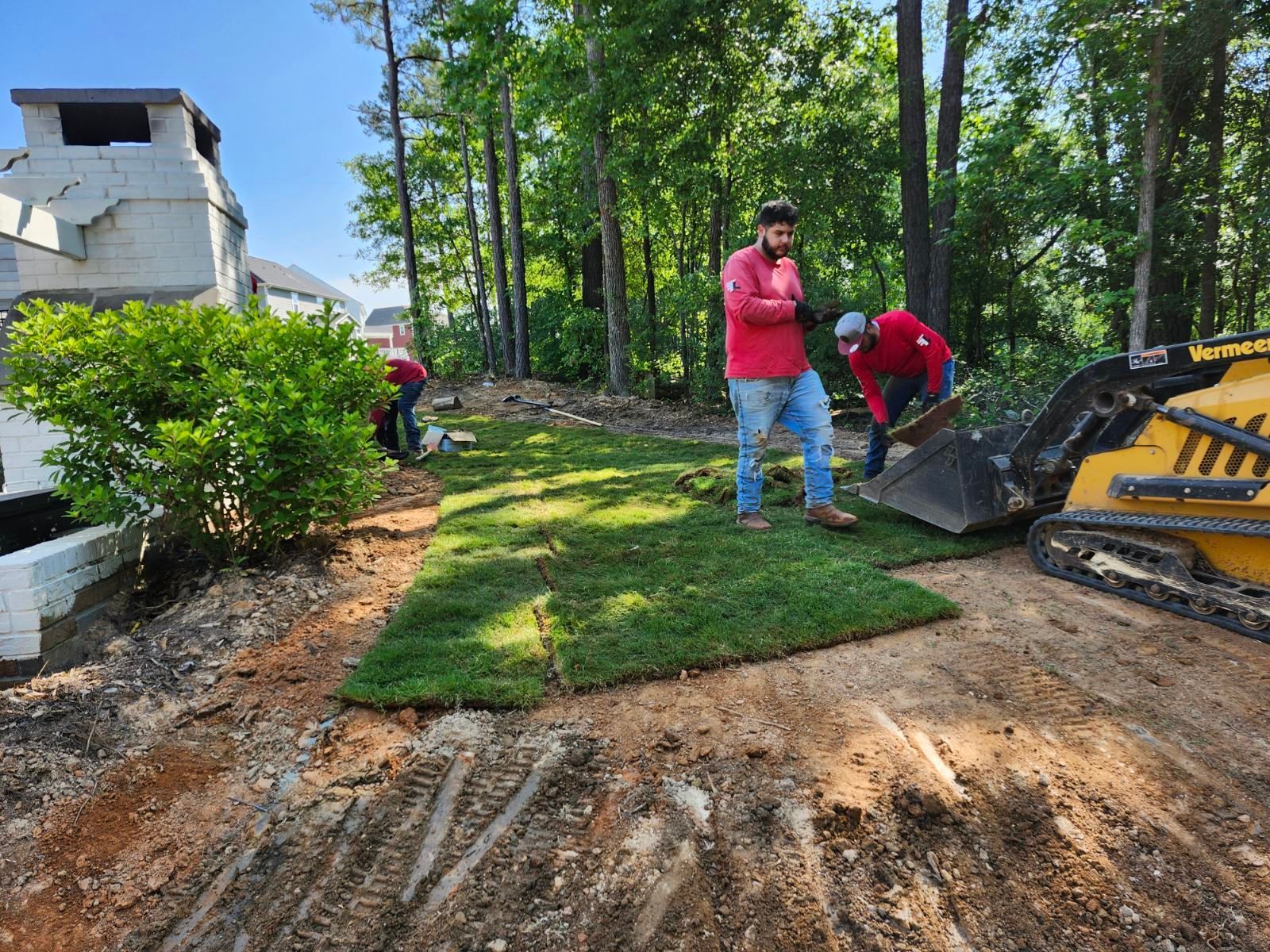
If you're looking to transform your lawn quickly and effectively, installing sod is one of the best ways to achieve a lush, green yard. But timing is everything—especially in Georgia’s unique climate. At Fischer Landscape, Georgia’s trusted full-service landscaping company, we often get asked: “When is the best time to install sod in Georgia?” Let’s dig into the answer.
The Best Time to Install Sod in Georgia
Georgia’s climate is classified as humid subtropical, which means hot summers, mild winters, and plenty of rainfall. These conditions make sod installation possible nearly year-round, but some seasons are better than others depending on the type of grass.
Late Spring to Early Summer (May–June) – Ideal for Warm-Season Grasses
If you're installing warm-season grasses like:
- Bermuda grass
- Zoysia grass
- Centipede grass
- St. Augustine grass
…then late spring through early summer is the best time to lay sod in Georgia. During this period:
- Soil temperatures are warm enough to encourage rapid root development.
- There’s plenty of sunlight to fuel growth.
- Rainfall helps establish the sod without over-reliance on irrigation.
Early Fall (September–October) – A Second Chance for Warm-Season Sod
Early fall is also a good time to install warm-season sod, especially in southern parts of Georgia. The temperatures are cooler, reducing stress on the new sod, and there's still enough warmth for roots to establish before winter.
Winter (November–February) – Dormant Sod Installation
While not ideal, sod can be installed during the winter months in Georgia if necessary. This is called dormant sod installation, and it’s typically done with Bermuda or Zoysia grass. The sod won’t green up until spring, but it will begin rooting slowly over the winter.
Fischer Landscape recommends dormant sod installation only when immediate erosion control or aesthetic improvement is needed during the off-season.
Early Spring (March–April) – Caution Advised
Early spring may seem like a good time, but it can be tricky. Soil temperatures may still be too cool for warm-season grasses to root effectively. If you’re considering spring sod installation, consult with Fischer Landscape to determine if your soil is ready.
Why Professional Sod Installation Matters
Proper sod installation is more than just rolling out grass. At Fischer Landscape, we ensure:
- Soil is properly graded and prepared
- Sod is laid with tight seams and staggered joints
- Irrigation systems are optimized for new sod
- Post-installation care instructions are provided
Our team of landscaping professionals has years of experience installing sod across Georgia, ensuring your lawn gets the best start possible.
Serving All of Georgia with Expert Sod Installation
Fischer Landscape is your go-to full-service landscaping company for:
- Sod installation
- Lawn renovation
- Landscape design
- Irrigation systems
- Lawn maintenance
We understand Georgia’s climate, soil types, and seasonal challenges—and we tailor every sod installation to ensure long-term success.
Ready for a Greener Lawn?
If you're wondering when to install sod in Georgia, the answer depends on your grass type and goals—but the best decision you can make is to trust the experts at Fischer Landscape. Contact us today for a free consultation and let us help you create a lawn that boosts curb appeal, increases property value, and makes your outdoor space a joy to experience.
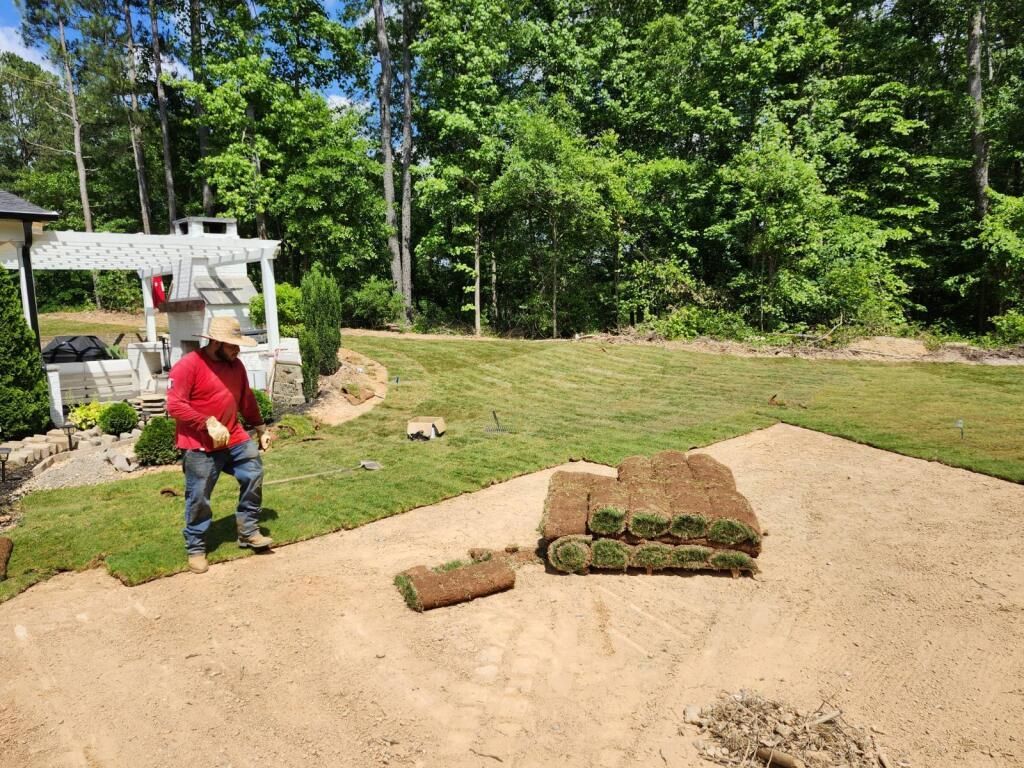
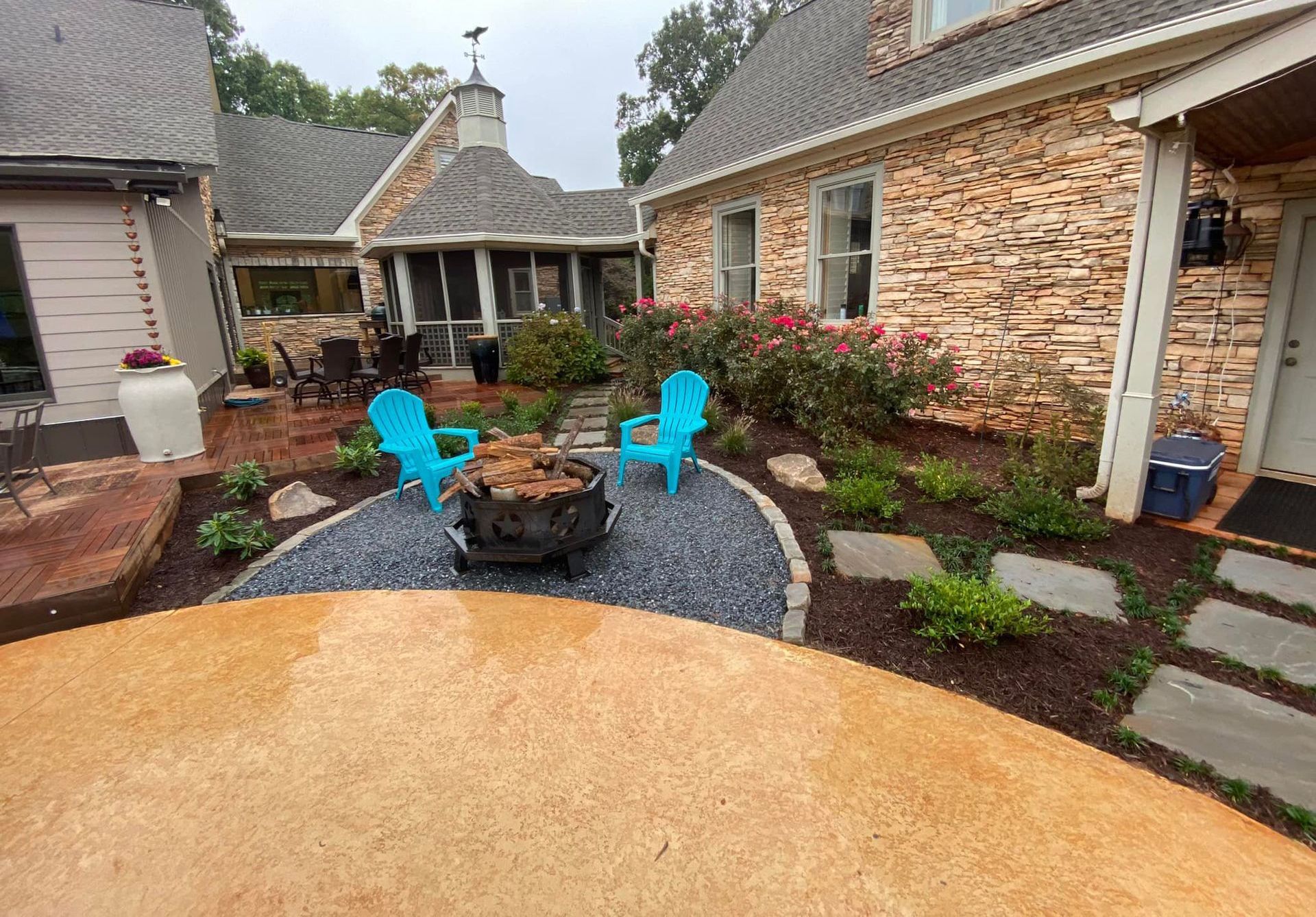
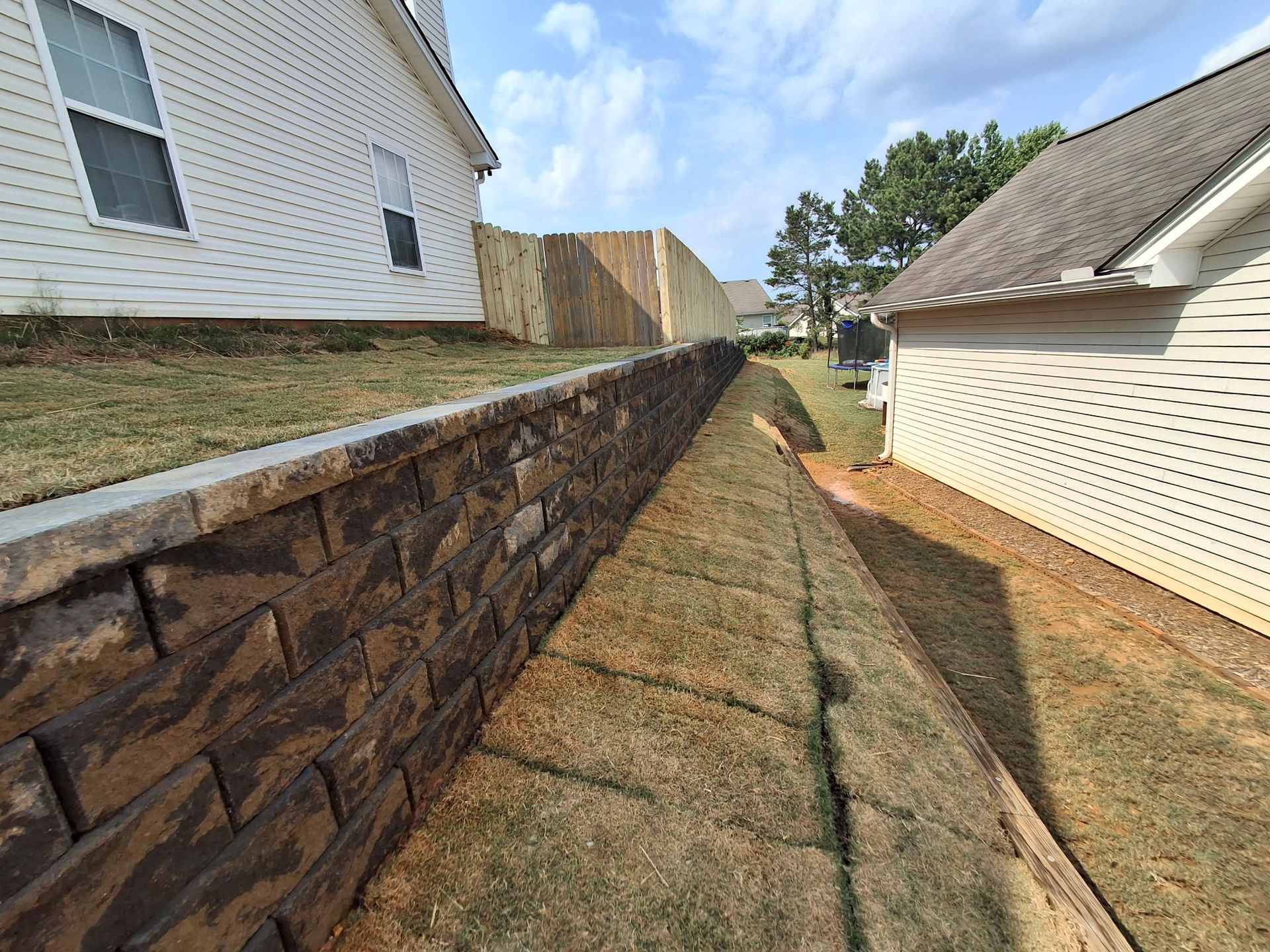

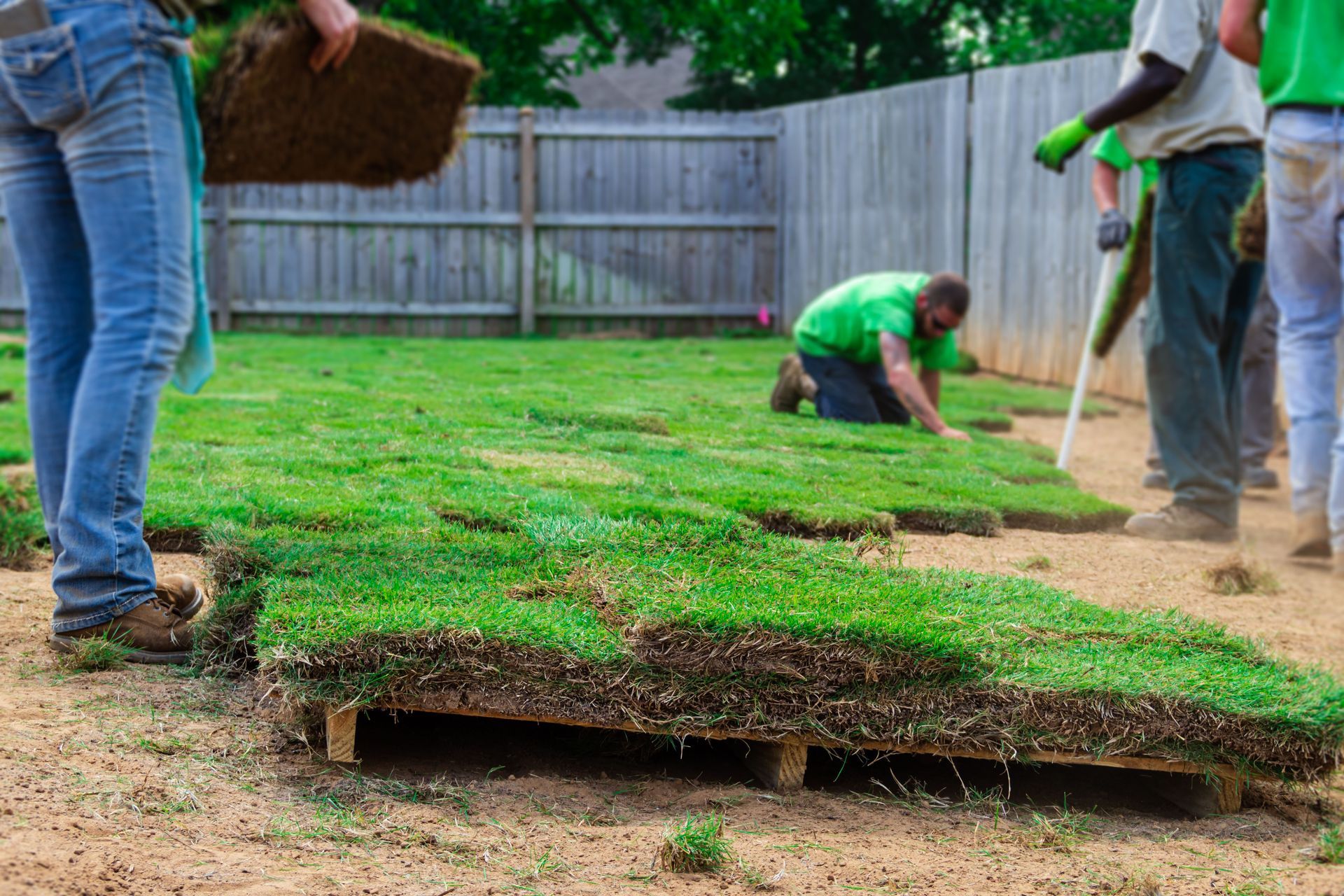
Share On: